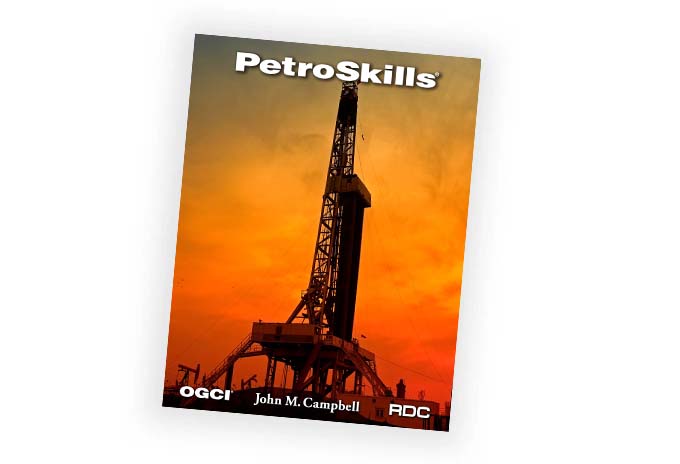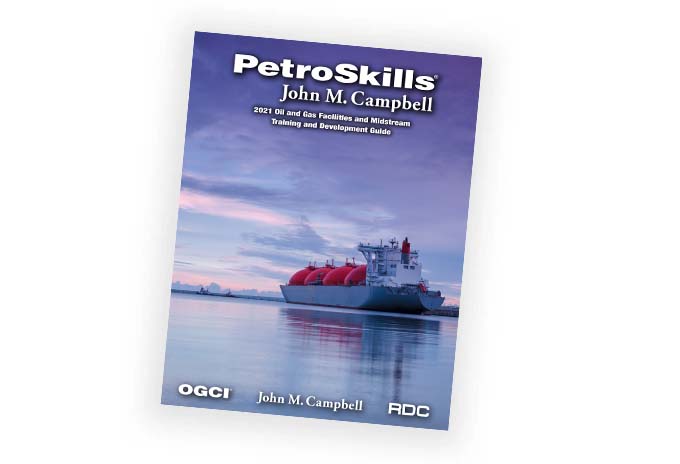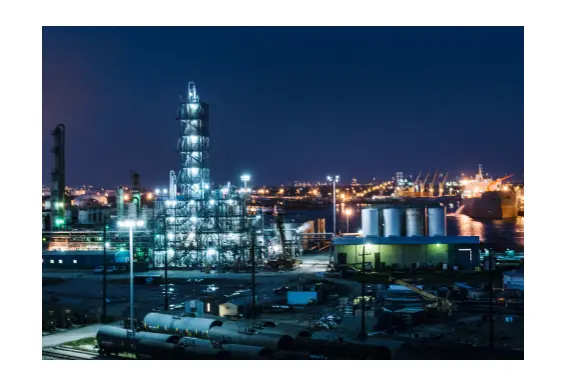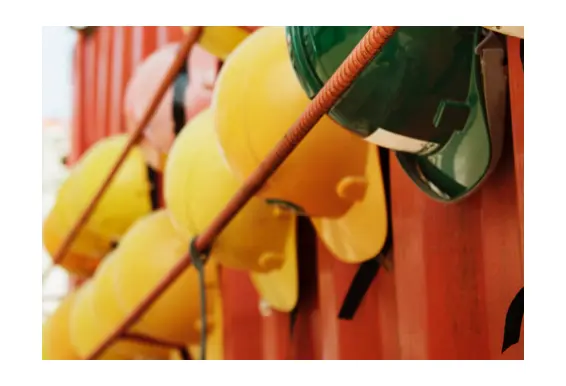Gas Lift Fundamentals
e-Learning
About the eLearning Course
This skill module describes when best to use gas lift, run inflow performance analysis sensitivity cases, and select optimum tubing size to achieve production rate targets in wells in conventional and unconventional resources plays. It describes the gas lift theory, equipment and covers the best practices of gas lift design, surveillance and optimization.
See example online learning module
Target Audience
Petroleum engineers, production operations staff, reservoir engineers, facilities staff, drilling and completion engineers, geologists, field supervisors and managers, field technicians, service company engineers and managers, and especially engineers starting a work assignment in production engineering and operations or other engineers seeking a well-rounded foundation in production engineering.You Will Learn
Participants will learn how to:
- Explain situations when gas lift is appropriate
- Calculate the production rate and the flowing bottom-hole pressure from inflow performance analysis in a well completed with a gas lift system
- Calculate the gas lift rate and pressure required to produce the well at a stable flow for various tubing sizes
- Select the appropriate tubing size for a well to be completed with a gas lift system
- Calculate the production rate and flowing bottom-hole pressure using widely accepted techniques applicable to unconventional resources wells completed with a gas lift system
- Design a gas lift installation with the required number of unloading mandrels, charge pressure, and orifice size lift valves at the appropriate spacing based on available gas lift pressure and required lift rate for conventional and unconventional resources
- Operate, troubleshoot and optimize gas lifted wells and network systems




